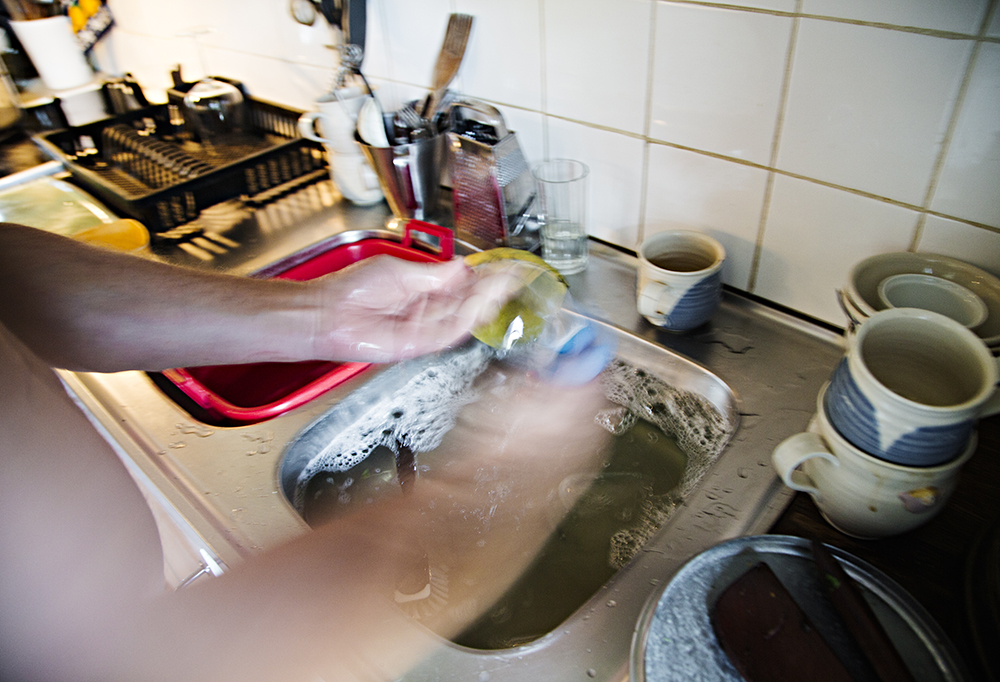
Unpaid work stealing research time
Who manages “academic housekeeping work” – tasks that have to be done, but you do not get credits for? These tasks are usually done by women, even though this affects their career.
For an institution or a research group to work, you need individuals who take care of the common tasks – such as arranging the Christmas party, resolving conflicts, stay on top of a series of seminars or taking over when a teacher calls in sick.
These are the kind of things, taking responsibility, small tasks that keep the workplace ticking over and that can be summarised as academic housekeeping work. According to US research this workload is not evenly spread – female researchers take greater responsibility for it.
The survey reveals that it is 50 percent more likely for a woman to offer to do a service task. Women are also asked to a greater extent and are more likely to say yes when asked.
According to time studies at American universities, female researchers report far more service work, particularly internal work that does not affect their performance evaluation, that leaves them less time for research.

As yet, no such study has been performed at Swedish universities, but Mats Wilhelmsson , Deputy Head of School at the KTH School of Architecture and the Built Environment is about to investigate how the land lies there.
“We’re talking about work tasks at a university department that need to be done, but that are often of low status and do not add to your evaluation. We need to ensure that this work is allocated on a gender equality and diversity perspective,” he says.
If there is a systematic distortion, that female researchers spend more time on “unpaid” service tasks, this infringes on their time for research and publishing, and has an associated adverse effect on their academic career, he says.
“Research careers look different, and take different paths for a variety of different reasons. One such reason can be that young researchers feel an obligation to say yes to work tasks that do not benefit their research career – and this can be a problem in the longer term.”
What is your perception – do women shoulder a bigger load?
“This probably varies from department to department. When it comes to a formal service – being responsible for a series of seminars and serving in work groups, I think many departments keep a close eye on the gender balance. But in the case of informal services, of a personal nature, social responsibilities, the balance is more uneven, perhaps. Women are more likely to be asked, and more likely to say yes. But I’m guessing here – that’s why we’re now going to do a proper survey to get a clearer picture.”
What are you looking to achieve?
“Ultimately, this can develop into a work environment issue that must be properly addressed. There can be a risk that good employees leave academia due to a lack of equality. If this proves to be a problem, we need to get it up on the table.”
Text: Christer Gummeson
